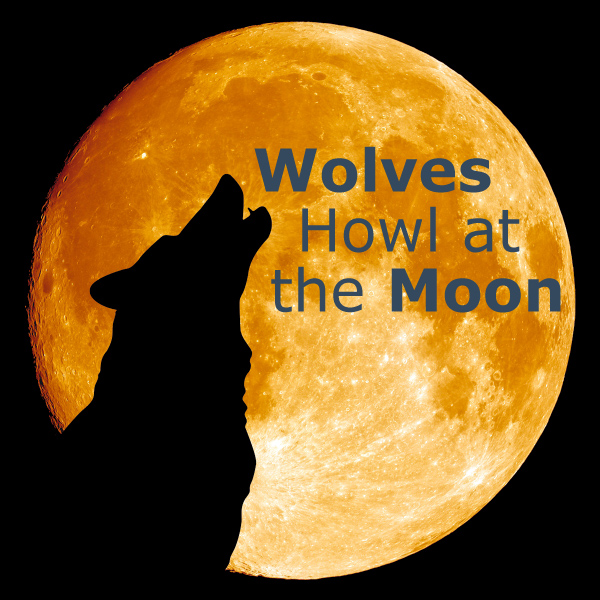Do wolves howl at the full moon?
This myth is one of the oldest on this site. Its origins can perhaps be traced back to ancient Greek and Roman cultures. The Greek goddess Hecate is associated with both the moon and dogs. The Roman goddess Diana was similarly portrayed. In Norse mythology, a pair of wolves devours the moon to turn night into day. Wolves are also frequently pictured with the moon in Native American art.
Anyone who has ever heard a pack of wolves howling at night can understand their association with scary stories and horror movies. The full moon is a common element in these stories, creating yet another subtle connection. Books and films about werewolves do away with subtlety and directly make the connection.
Wolves are nocturnal animals, more active when the moon is full but not necessarily more vocal. Researchers have never uncovered any link between wolf vocalizations and the moon phase. Humans are, however, more likely to see a wolf during a full moon because it is brighter outside. Wolves howl with their neck extended upwards, making it appear as if they are howling at the moon, but they do this just to project sound farther.
Wolves howl for many reasons, and can do so alone or with their pack. Pack members howl to gather the others for hunting, or warn off rival packs. Like dogs, their close relatives, wolves can also bark, growl or whimper.




